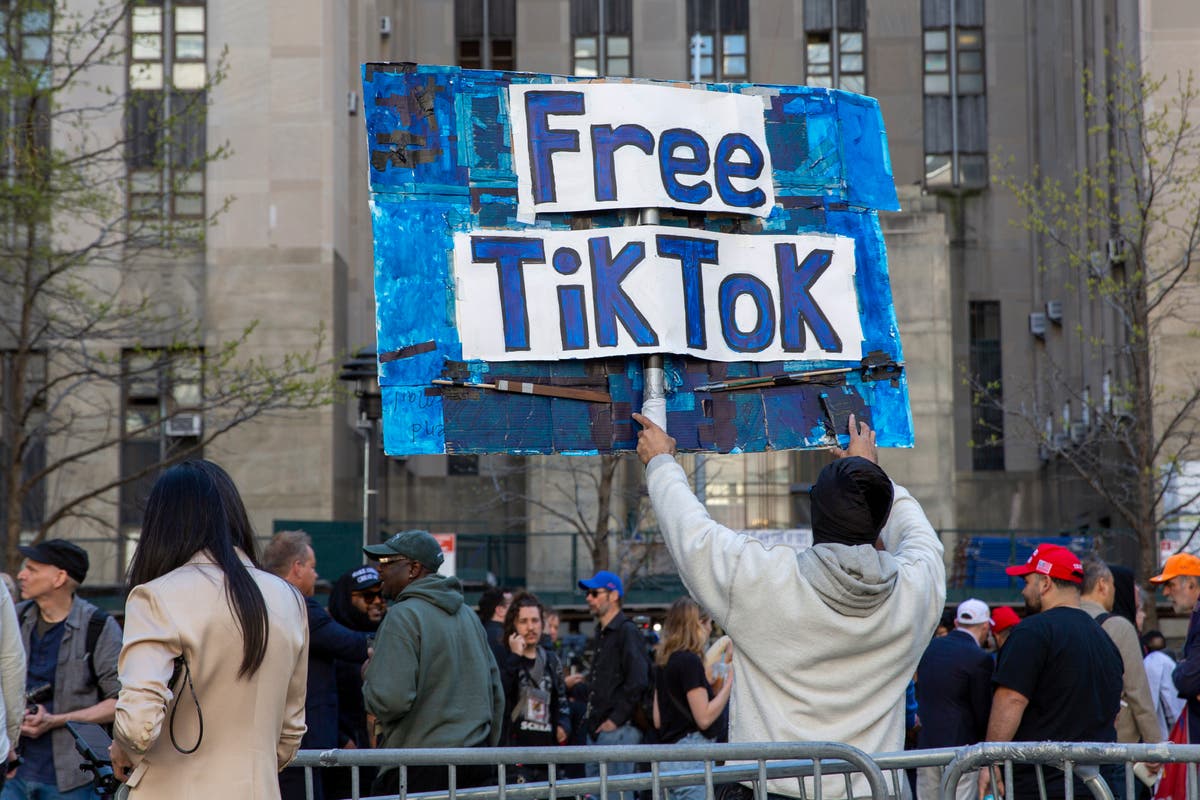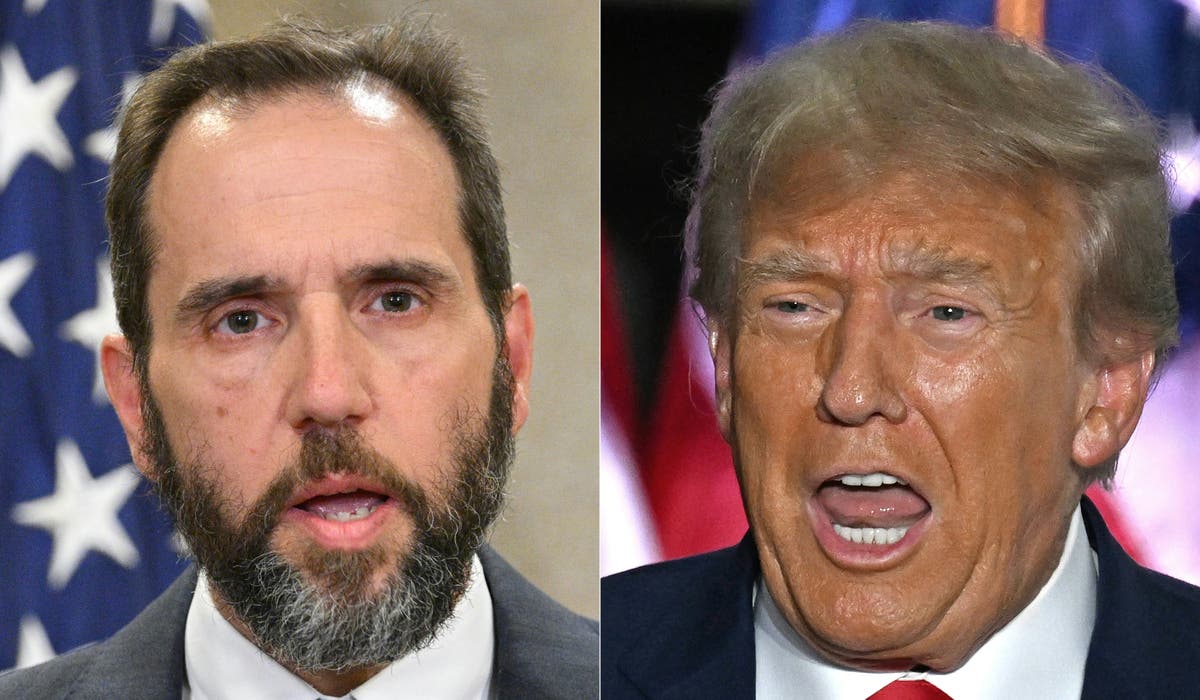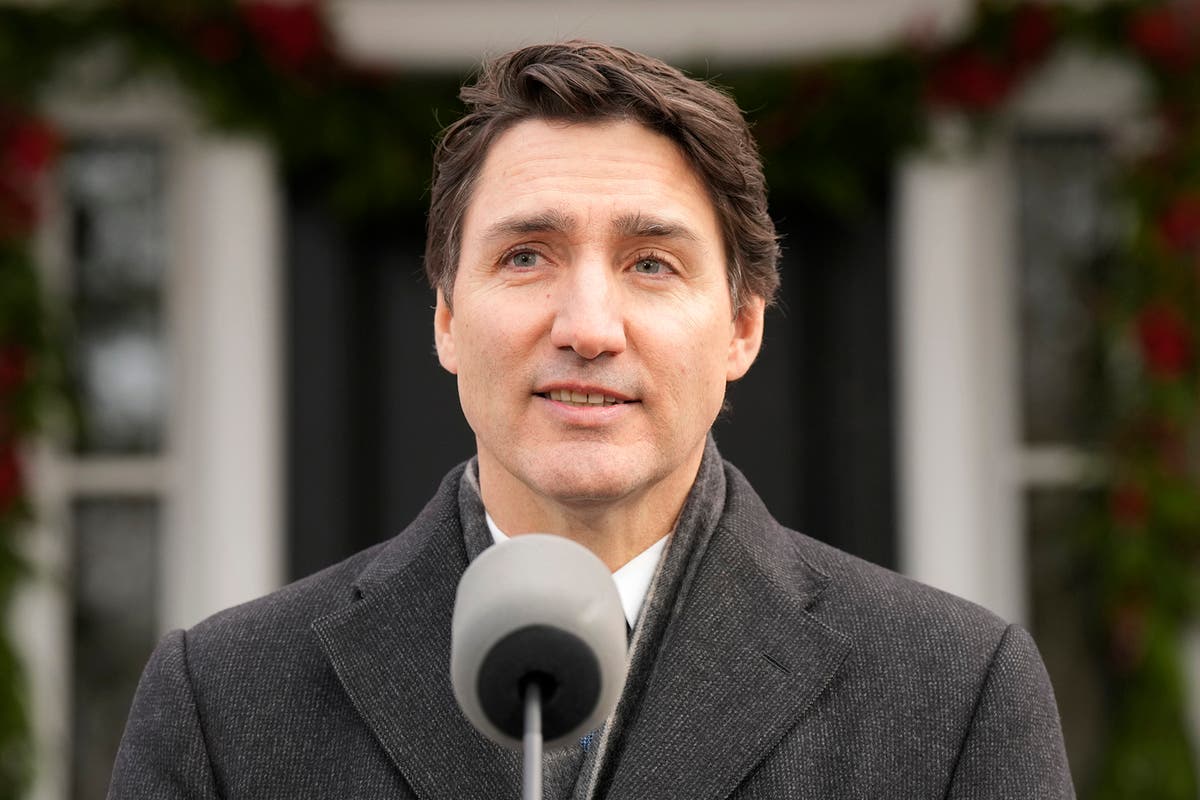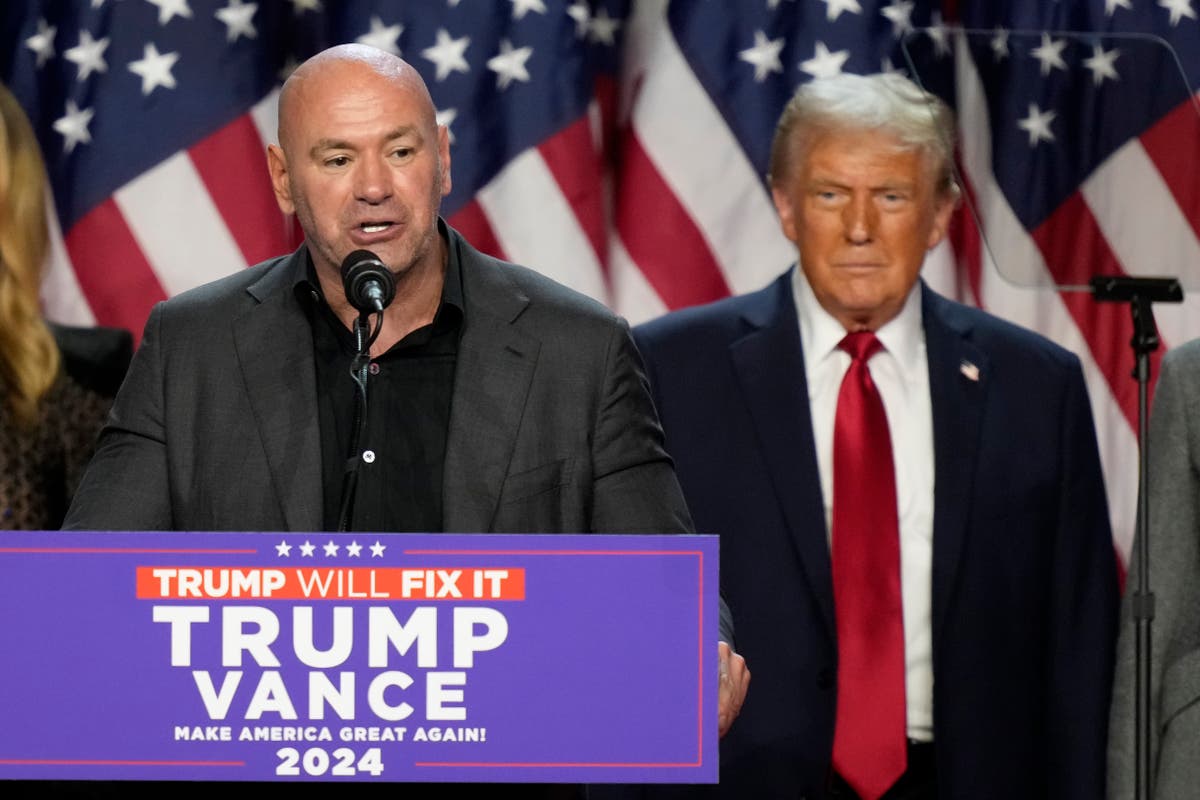The Supreme Court's impending decision on TikTok's future is creating uncertainty for creators and small businesses. Arguments are scheduled for January 10th, potentially leading to a U.S. ban if the court upholds a law requiring TikTok to sever ties with its Chinese parent company.
The case centers on First Amendment implications. TikTok and its creators argue the law infringes upon free speech, while the U.S. government contends the platform poses a national security risk. This isn't a new issue; previous attempts by the government to ban the app have been met with resistance.
The potential ban, if upheld, would have significant economic consequences. TikTok users, creators like Gillian Johnson, who financially relies on the platform, and businesses that have leveraged TikTok, are facing the possibility of losing access to a substantial revenue stream. Concerns about the platform's role in providing income opportunities, especially for creators of color and marginalized groups, are heightened.
Some creators are adapting, diversifying their social media presence and exploring alternative platforms. Experts advise creators to document their TikTok content and build alternative audiences on other social media outlets as a way to safeguard their careers. However, the potential impact on the "creator economy" – valued at a projected $480 billion by 2027 – is a significant concern.
The Supreme Court's response remains uncertain, but the possibility of swift action to block the law exists. President Trump's recent request for a delay underscores the heightened stakes. Regardless of the outcome, creators are proactively preparing for potential disruptions, highlighting the significant impact a ban could have on their livelihoods and the broader digital economy.







